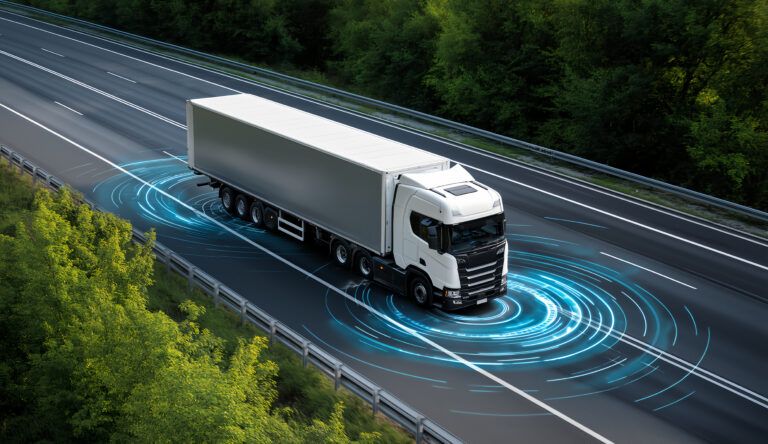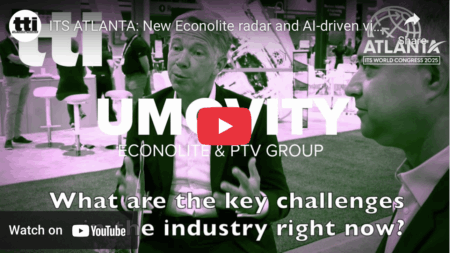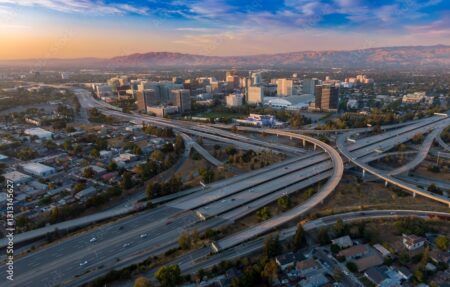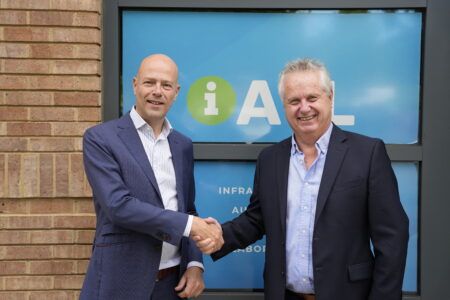At booth 229, mobility supplier Denso is highlighting how its solutions can strengthen intelligent transportation systems and support the safer movement of people and goods at this year’s ITS World Congress.
Aligning with this year’s event theme “Deploying Today, Empowering Tomorrow”, Denso is showcasing technologies that are already making a difference on roads in our communities, as well as those that could offer additional safety, sustainability and efficiency benefits in the future.
Denso’s market-ready solutions on display come from its smart mobility brand MobiQ.
V2X Roadside and On-Board Units support signal priority applications, traveler information messages and other vehicle-to-vehicle and vehicle-to-infrastructure applications. The combination of Roadside and On-Board Unit support can improve road safety, enhance fuel efficiency and promote better traffic flow.
Designed to simplify fleet management and vehicle access, the MobiQ Keyless Access allows approved individuals to enter vehicles by badge, smart phone and other methods. Such functionality removes cumbersome and easily lost keys from fleet workflows and helps ensure the right people are in the right vehicles at the right time. Keyless Access brings Denso innovation to fleets, with its next-gen passive vehicle operation helping fleet users perform more efficiently.
Denso will also display several technologies and approaches it continues to develop that align with its vision for a mobility-centred society with improved safety for all.
The Dynamic Wireless Power Transfer System can charge battery electric vehicles (BEVs) when parked, when near traffic control devices like stop signs or traffic lights, and when in motion, helping extend their range and alleviate battery capacity concerns.
LiDsEYE is Denso’s high-resolution lidar system for infrastructure applications like traffic monitoring and vulnerable road user (VRU) detection.
Local Area Monitoring Perimeter (LAMP) is an edge-based computing system that can deliver real-time, street-level awareness by fusing multiple sensor types, such as lidar, microlocation and advanced imaging. The system helps emergency responders better understand the scene of accidents before they arrive, strengthening their preparedness and accelerating response times.
Denso is also using privacy-preserving federated learning to train trajectory-prediction models on data from multiple intersections while keeping all raw data local, a key step toward better protecting VRUs in and around roadways.
“Harnessing our 75 years of automotive expertise, we continue to push the envelope with technology in vehicles and also in the intelligent transportation systems where they operate,” says Peyton Winstead, director of digital solutions at Denso in North America. “This holistic approach means we are uniquely positioned to help fleets and communities achieve safer, smarter and more streamlined transportation outcomes. We look forward to connecting with leaders in the public and private sectors who share our passion for these areas, which helps us advance our mission of contributing to a better world.”
Image: AdobeStock





